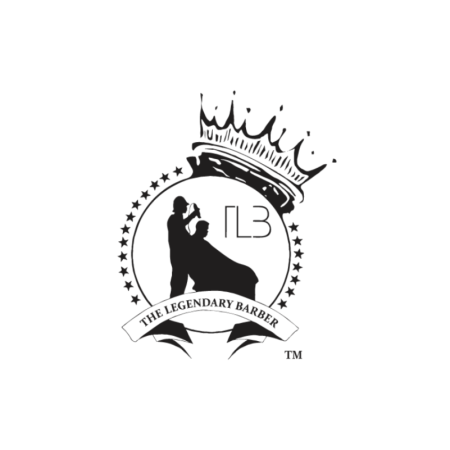Introduction
South Africa’s retail landscape is booming, with franchise opportunities becoming an increasingly popular path for aspiring entrepreneurs. Whether you’re looking to open a trendy clothing boutique, a convenience store, or a specialised service outlet, understanding the retail franchise agreement is crucial to your success. Here’s your guide to navigating these essential documents and making informed decisions:
Understanding the Basics
A franchise agreement is a legally binding contract between the franchisor (the brand owner) and the franchisee (you, the business owner). This document outlines the terms and conditions of the franchise relationship, including your rights and obligations, the franchisor’s support, and the financial commitments required. Here are the key elements you need to be aware of:
1. Initial and Ongoing Fees
Franchise agreements typically require an upfront fee, which grants you the right to operate under the brand name. In addition to this initial fee, there are often ongoing royalties and marketing fees. For example, brands like Sorbet and Perfect 10 Nail & Body Studio have specific fee structures that need careful consideration.
2. Territory Rights
Understanding your territorial rights is essential. This clause defines where to operate your franchise and minimises competition from another franchisee within the same brand. Ensure the territory granted is large enough to support your business goals and that the franchisor supports area allocation with market research.
3. Duration and Renewal Terms
Franchise agreements usually have a fixed term ranging from five to ten years. Reviewing the renewal terms and understanding what’s required to extend your contract is essential. Some agreements offer automatic renewal, while others may require re-negotiation or additional fees. The term of the retail lease and the term of the franchise agreement must coincide.
4. Training and Support
One of the significant advantages of franchising is the support provided by the franchisor. This typically includes initial training, ongoing support, marketing assistance, and access to proprietary systems. Ensure the agreement clearly outlines the extent and frequency of these support services.
5. Branding and Operational Standards
Franchisees must adhere to specific brand standards and operational guidelines to maintain consistency across all outlets. These standards cover everything from store layout and product offerings to customer service protocols. Non-compliance can lead to penalties or even the termination of the franchise agreement.
6. Exit Strategy
Life can be unpredictable, and it’s crucial to have an exit strategy in place. Review the terms for selling your franchise, transferring ownership, or terminating the agreement. Some franchisors may have the right of first refusal or specific conditions to be met before the franchise.
7. Legal and Financial Advice
Before signing any franchise agreement, seek advice from a legal expert and a financial advisor. They can help you understand the legal jargon, assess the economic viability, and ensure favourable terms. Remember, this is a significant investment, and due diligence is non-negotiable.
Local Success Stories
To inspire you further, consider the success stories of South African franchises. Brands like Nando’s and Sorbet have grown from local businesses to international powerhouses thanks to robust franchise models and agreements that foster mutually beneficial relationships.
Conclusion
Navigating a retail franchise agreement in South Africa requires careful consideration and a thorough understanding of the terms involved. By focusing on critical elements such as fees, territorial rights, support, and exit strategies, you can set a strong foundation for your franchise journey. With the proper preparation and expert advice, you can turn your entrepreneurial dreams into reality and become part of South Africa’s vibrant retail franchise landscape.










